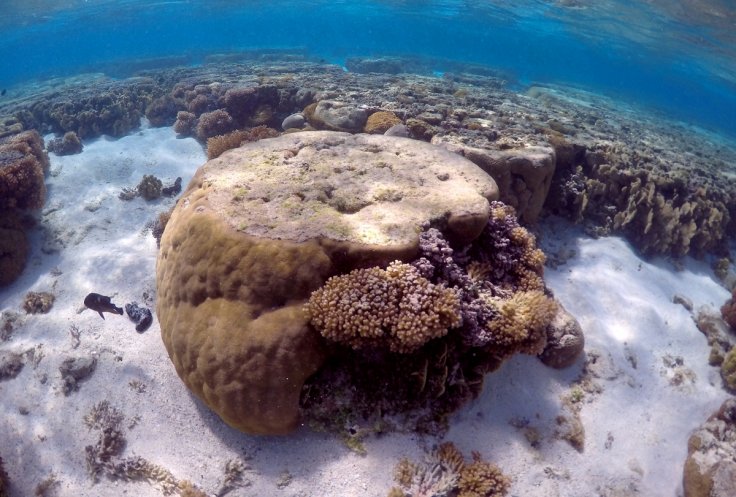The popular Great Barrier Reef in Australia has been suffering due to warming water temperatures, over-fishing and pollution. The issue of global warming has caused a widespread damage to ecosystem of the coral reef.
The delicate reefs present there offer a home to a variety of fish species. Some of those fishes play significant role in cleaning the reef and recycling the nutrients. But, scientists had said that damaged coral reefs appear less attractive to the fishes, eventually keeping them away.

However, experts have now revealed in a recent study that they have discovered a new tool to lure the young fish back to degraded reefs. This can potentially speed up the recovery of the damaged reefs, they insist.
A team of researchers, led by the marine biologists at the University of Exeter in the UK, set up underwater loudspeakers to play recorded sounds of healthy reefs. They believed that the six-week loudspeaker experiment can help them in restoring the area under the waves and the experiment worked successfully.
Experiment doubled the total number of fish
On Friday, the University of Exeter said that the study found that broadcasting healthy reef sound doubled the total number of fish arriving onto experimental patches of reef habitat, as well as increasing the number of species present by 50 percent.
"Healthy coral reefs are remarkably noisy places -- the crackle of snapping shrimp and the whoops and grunts of fish combine to form a dazzling biological soundscape," said University of Exeter marine biologist Steve Simpson, co-author of a paper published on Friday in the journal titled 'Nature Communications'. "Juvenile fish home in on these sounds when they're looking for a place to settle," Simpson added.
Ray of hope?
Meanwhile, several other researchers are still investigating other approaches, including 3D-printed coral to lab-grown hybrid coral, that might be able to control the changing underwater climate.
According to experts, the latest acoustic experiment can be combined with habitat restoration and conservation efforts. Though it is clear that the restoration process of the Great Barrier Reef will take a broad effort, this latest finding definitely shows a ray of hope.









